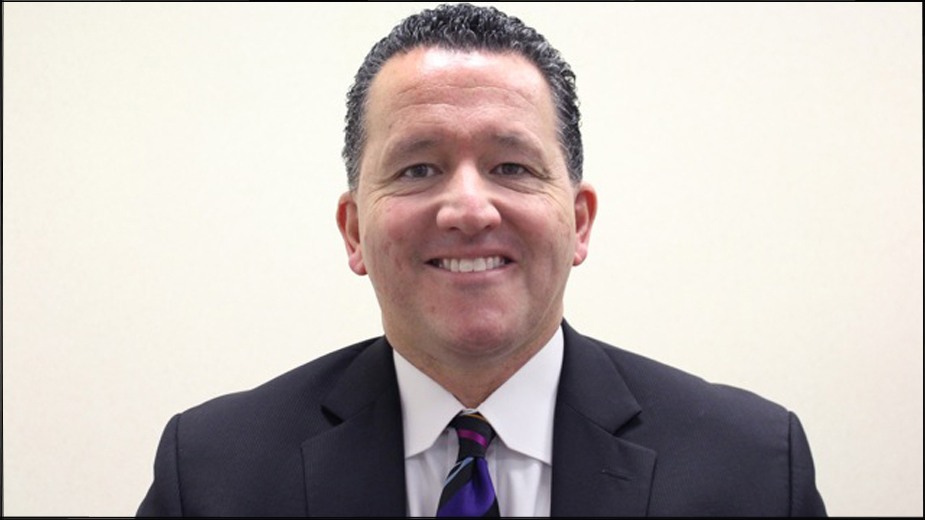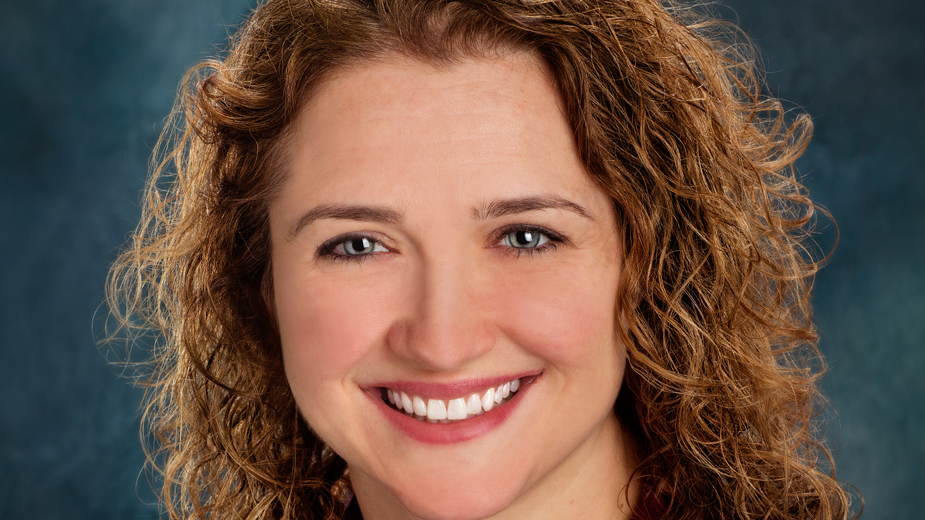Don’t Wait to Review Health Insurance Plans
The availability of options for health insurance plans has increased significantly for 2018. As such, owners of Ohio-based businesses should plan for more actively reviewing these options, according to George Morris, president of Morris Financial Group, in Salem.
The Business Journal posed a series of questions to Morris, one of our Business Strategies experts, about health insurance and other employee benefits.
What are some of the major changes you’ve seen in the health insurance industry?
George Morris, president of Morris Financial Group: As the Affordable Care Act evolves, the insurance industry has introduced several new plans that offer major changes without employers having to sacrifice benefits.
While this is an attractive option for most, it will require a closer relationship with a quality employee benefits adviser. It will also demand that the employer involve the employees in the process of updating their personal medical information in a timely fashion.
In essence, the days are over of starting to work on your January health insurance renewal in the first or second week in December. The more proper time horizon would be to have initial meetings in late spring or early summer to list goals and objectives, complete your census and enrollment data in the fall, and then complete final pricing and implementation review in early December.
In my mind, the business insurance relationship owners have with their employees is a 12-month process, not a simple two-week review at the end of the year.
What is the No. 1 question your business insurance clients ask?
Morris: The No. 1 question my clients ask is, “How do we balance cost with employee benefits that are attractive enough to attract and retain talent?” Acquiring talented employees is only half the battle today. Being able to retain them with a diverse employee suite of benefits is just as important.
What employee benefits are popular locally?
Morris: The main things that employees are looking for today are health insurance and group life insurance plans, 401(k), dental, and short- and long-term disability benefits. Accident, critical illness and cancer insurance also are growing in popularity.
The most forward-thinking employers recognize that employees are looking for flexible work schedules and the ability to work remotely. And businesses are finding ways to incorporate those benefits into their culture.
In the fall of 2008, we had a near collapse of the entire financial system. What should employers be looking at moving forward?
Morris: It has been 10 years since we had the global financial collapse. As employers start to recover and expand their businesses again, the most important issue they need to look at is ensuring that their company policies are in line with the reality that employees are more empowered and strengthened to have several options to satisfy their own job goals and objectives.
In essence, as the economy improves, employers have stronger balance sheets, which is a positive. But if they do not do all they can to retain their key employees, the employees now have alternatives they did not have when the economy was in free fall.
How much should employers be focused on or concerned about price? How big of an issue is cost for the average small-business owner? How do you balance cost with benefits?
Morris: Through all employer business cycle movements, one consistent issue that does not change is cost. While the economy thankfully has improved, the average small-business owner is still highly focused on cost and how he or she balances that against benefit levels.
The main way an employer can find this proper balance is to spend more time early in the process with their adviser versus compressing all the work in one to two weeks before renewal. As all employers have come to realize, employee benefit costs are in most cases the second-biggest expense they face in the year.
What types of benefits make the most sense for small-business employers in northeastern Ohio? How should employers prepare?
Morris: As the business climate and economy continues to improve, the need for employee education and involvement in the process is greater than ever.
I suggest that employers not wait to get started. Begin the process to prepare benefit plans months in advance, not weeks. Sit down well in advance with your current adviser and update him with the status of your business and the ultimate goal of what you want your benefit plans to offer.
Update your census and medical data; seek employee input. It’s good to have a dialogue with your adviser on how much you want to include your employees in the cost of health care.
Employers can also look for ways to supplement their employee benefits programs. Some of the more popular ways include providing employees with health-care newsletters and on-site health education as well as sharing online sources that employees can use for information on exercise, diet and lifestyle balance.
Meet the Expert – CLICK HERE
Back to BUSINESS EXPERTS
Copyright 2024 The Business Journal, Youngstown, Ohio.



